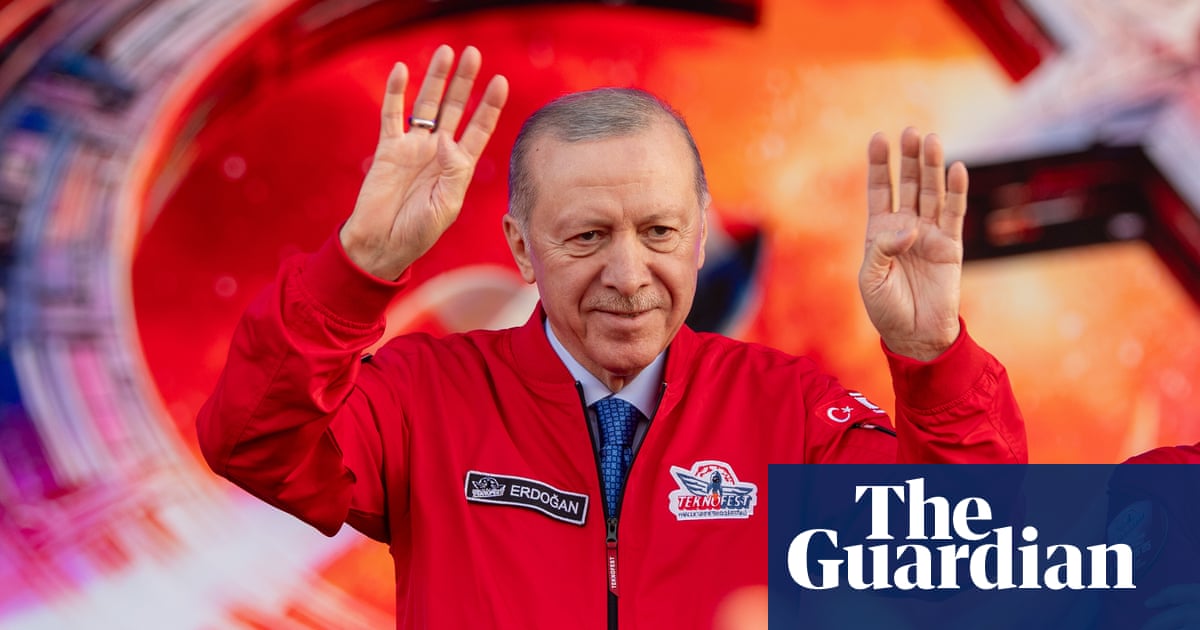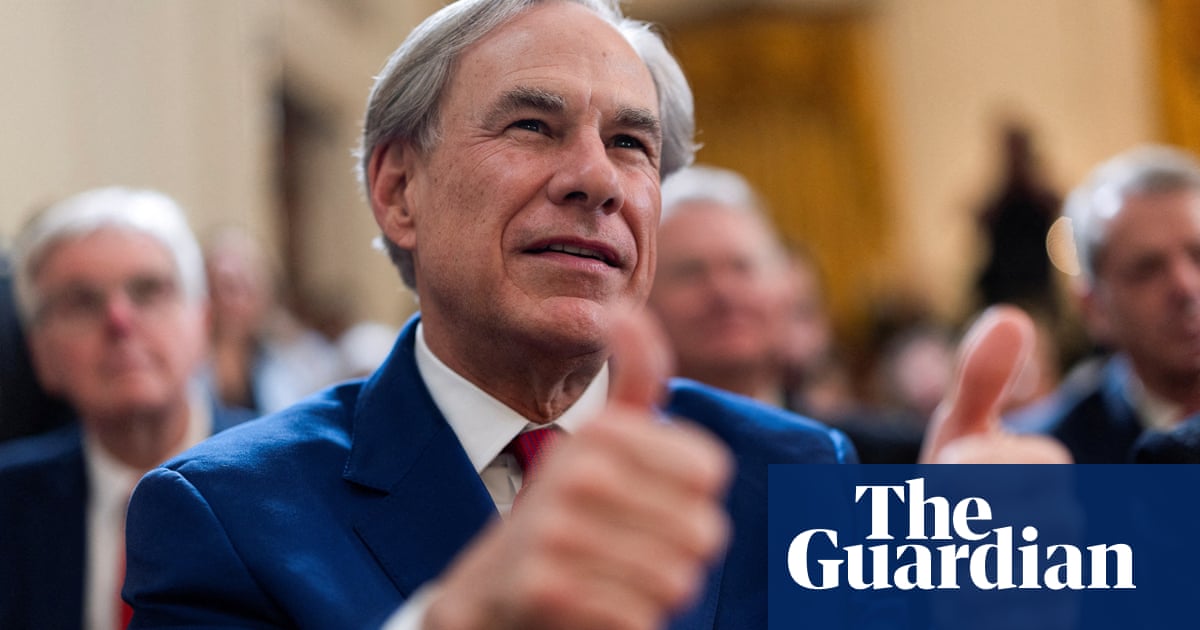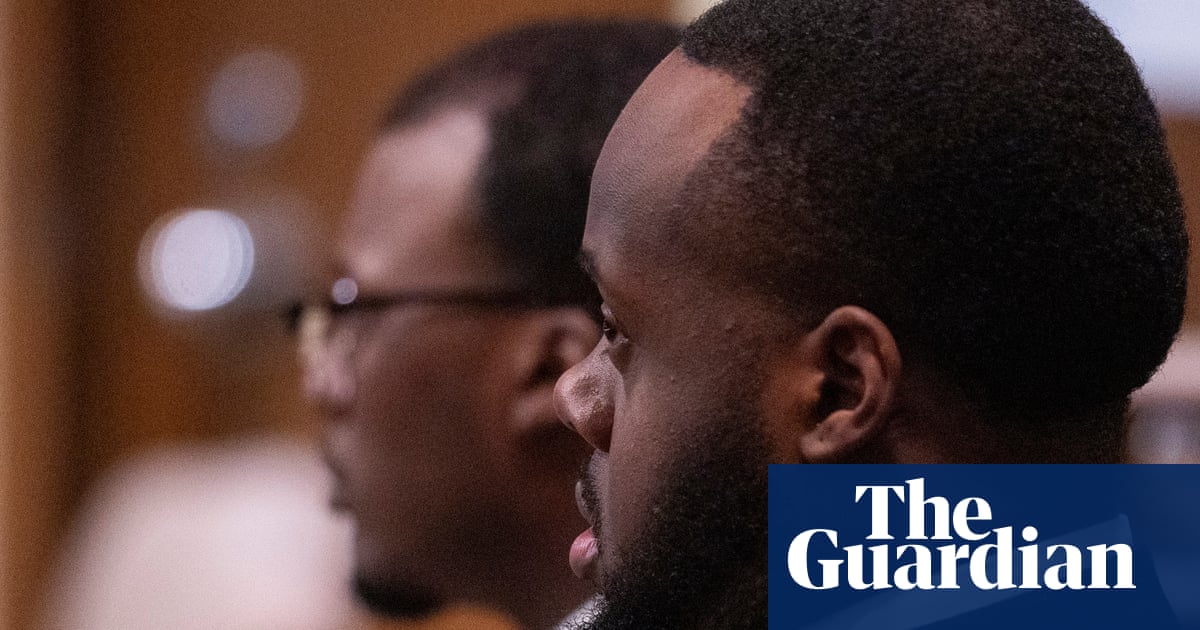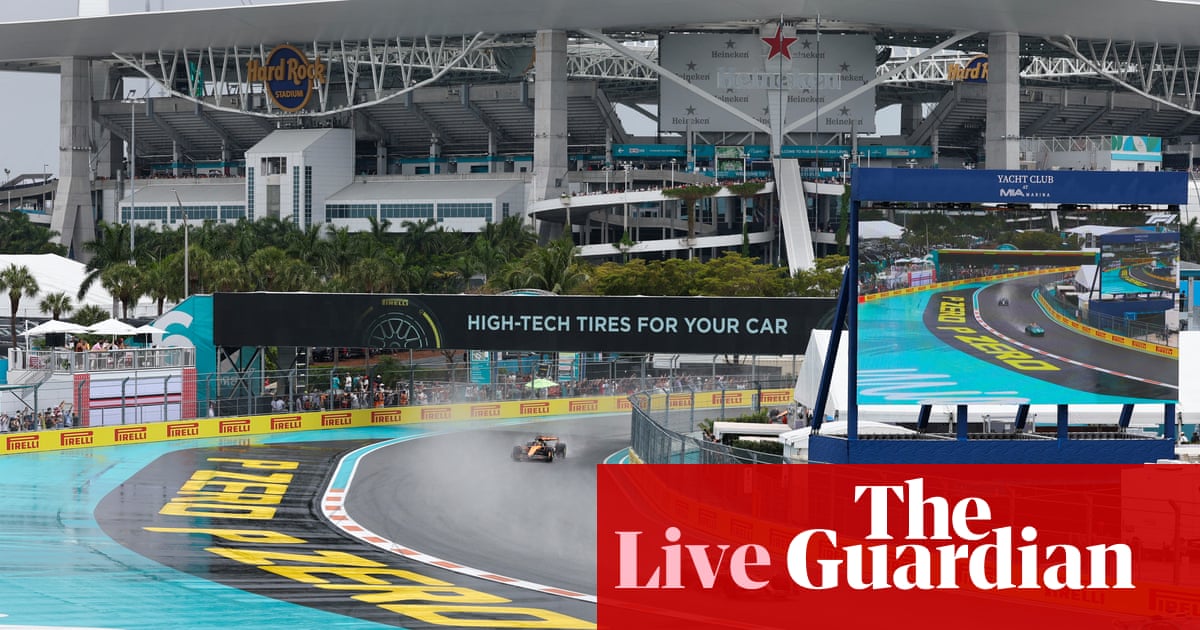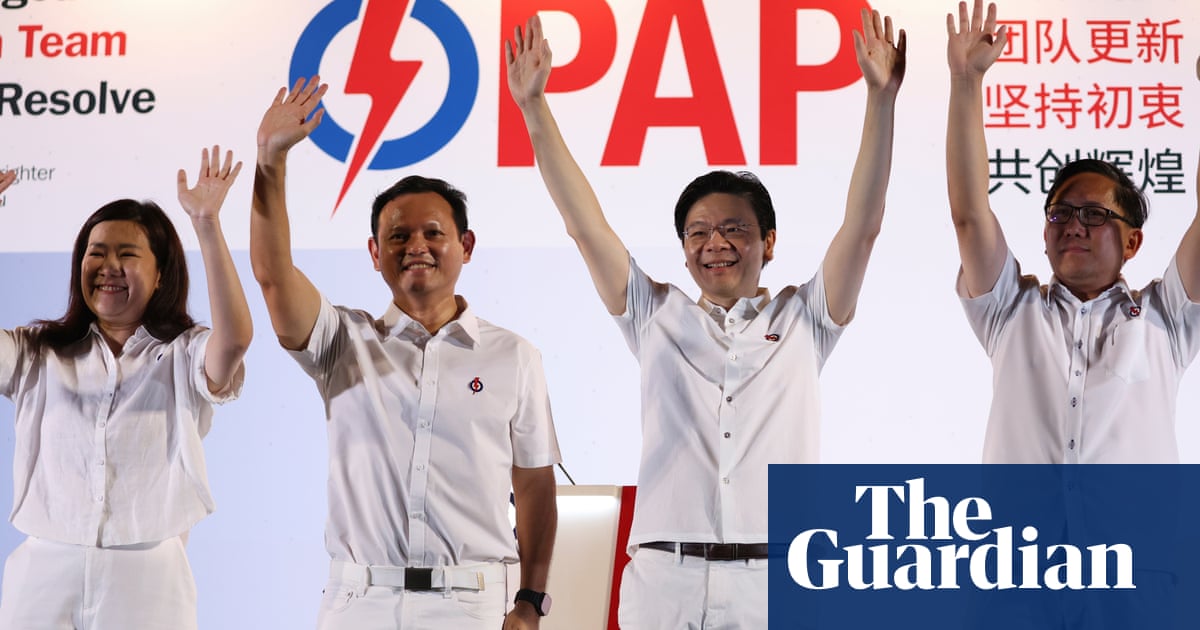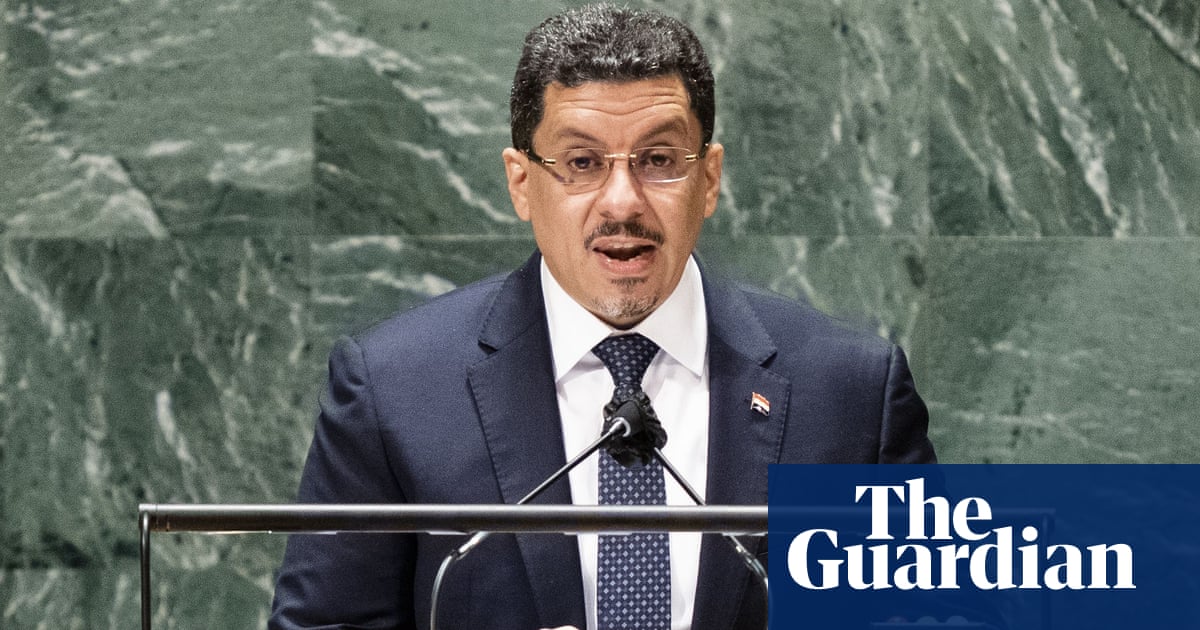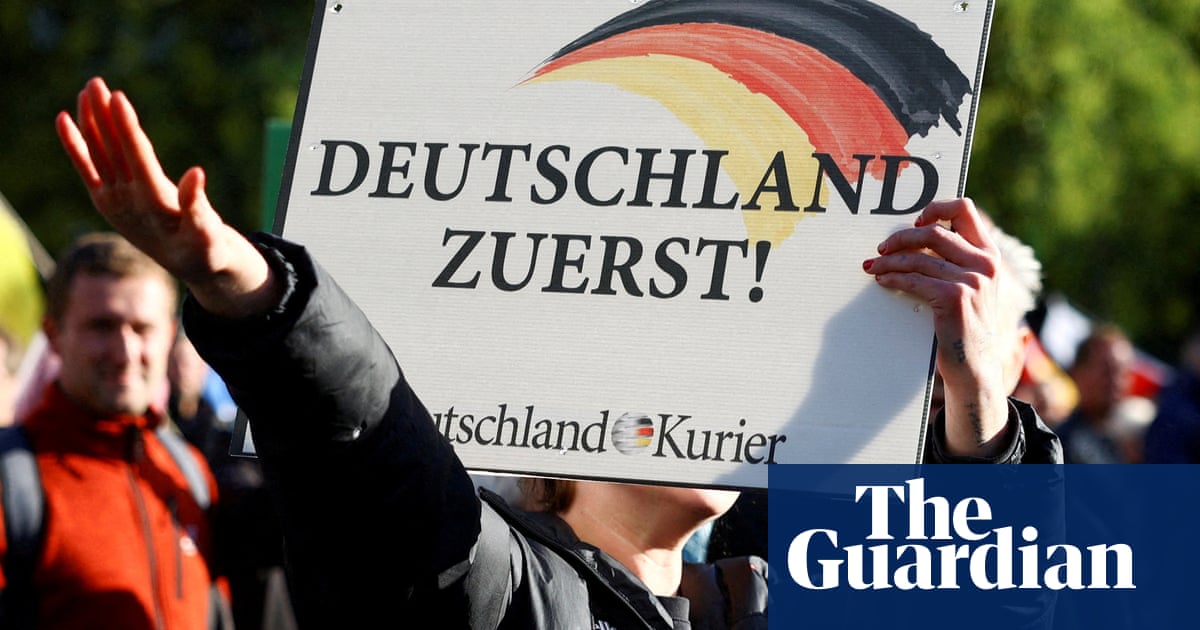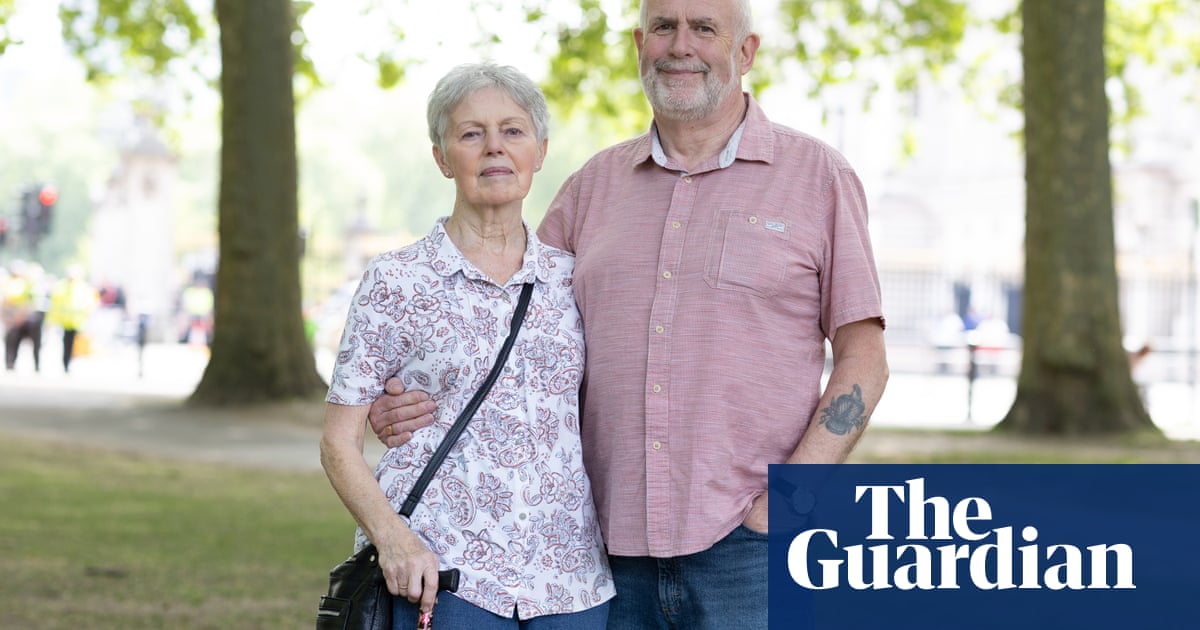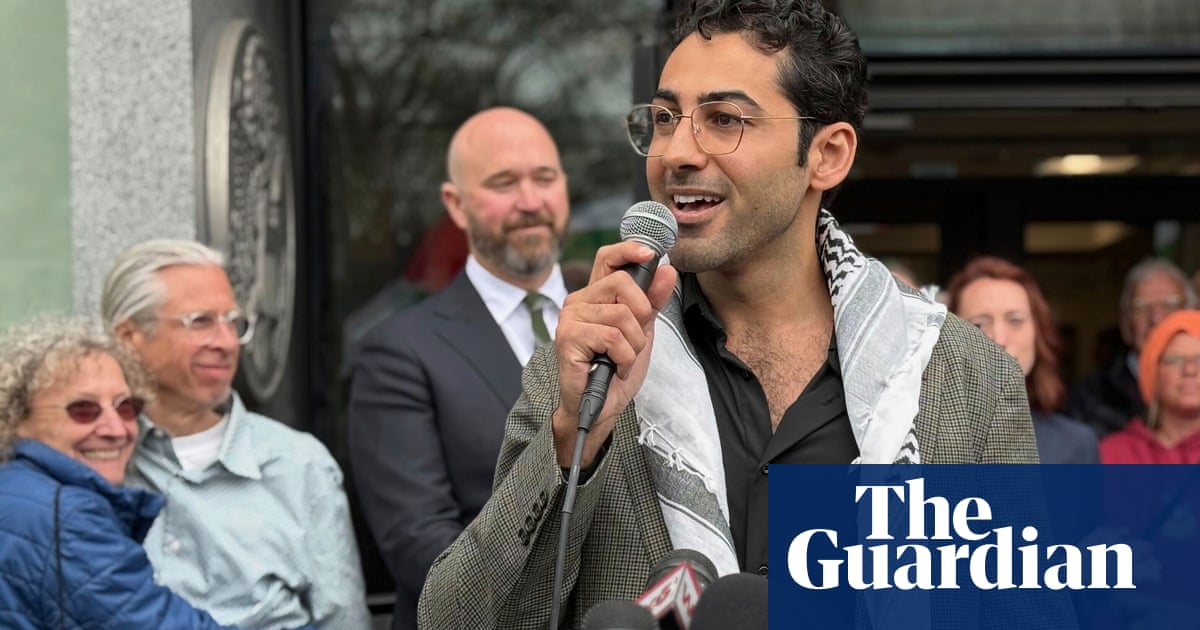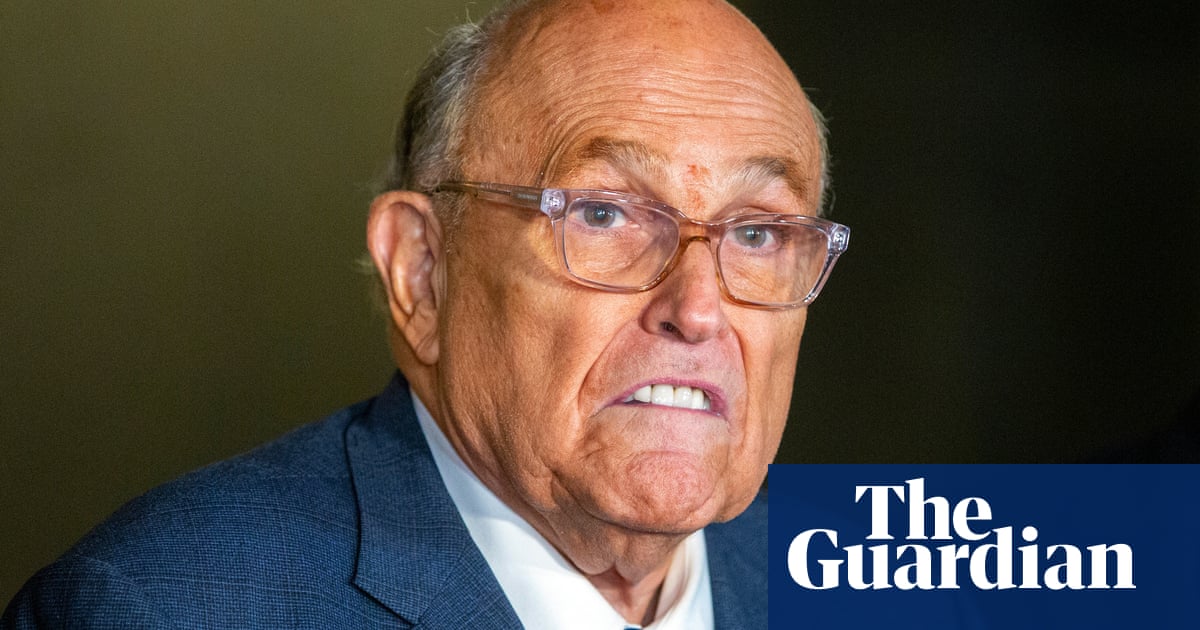Recently, The Encampments opened at the Angelika Film Center in New York to a record-setting box office for an independent film – along with a storm of controversy. For us, as the distributor, the atmosphere was far from celebratory. The theater was forced to hire additional security, notify police and prepare staff for harassment in response to protests and threats from people who hadn’t even seen the film.
What is so dangerous about Palestinian films?
The Encampments offers unprecedented access to the student protest movement for divestment against Israel’s genocide in Gaza that began at Columbia University and spread nationwide. It captures the raw, unfiltered reality of the encampments and the students who risked their futures to speak out. It directly challenges the dominant, distorted narrative portraying these protests as violent or antisemitic, revealing instead a disciplined, principled movement rooted in solidarity, anti-racism, free speech and human rights – with many Jewish students at the core.
That, it seems, is enough to make many feel threatened.
We’re now in an era in which even mentioning the word “Palestine” is treated as a provocation. Donald Trump has openly used “Palestinian” as a slur to attack opponents. Under his second administration, suppression and fearmongering are reaching levels more typical of a dictatorship than a democracy. Student activists such as Mahmoud Khalil, featured in the film, and Rumeysa Ozturk have been snatched by plainclothes Ice officers, disappeared from public view and threatened with deportation for criticizing Israel. This isn’t dystopian fiction. This is the United States in 2025.
And yet, films like The Encampments are being met with hostility. Before opening weekend, an angry patron vandalized the Angelika lobby and berated staff. Meanwhile, social media ads for the film are being censored. Behind it all is a pattern: politically motivated efforts to silence Palestinian voices. It’s not just wrong, it’s a threat to our most fundamental freedom: the right to free speech.
When the Academy-shortlisted documentary From Ground Zero, which we also distribute, was released, it was widely praised for its humanist lens and deliberate avoidance of politics. Despite that and near perfect reviews, CUFI (Christians United for Israel) sent letters to Academy voters urging them not to support the film and pressured theaters to pull it. After a screening was scheduled in Gainesville, Florida, the venue received threats from donors to withdraw funding. It’s extremely unfair for venue owners to be put in such a situation by politically driven pressure campaigns. We hope that despite attempts to intimidate them, theaters will not succumb to the pressure, and instead will make the right moral and business decision to show these films, for which there is clearly an appetite.
The pressure doesn’t end with threats or vandalism. Hamdan Ballal, co-director of the Oscar-winning No Other Land, was beaten by Israeli settlers and soldiers, seemingly in retaliation for filming what Israel wants hidden. According to Ballal, his name and the word “Oscar” were shouted during the attack. And just last week, we were devastated to learn that the Gaza-based journalist Fatima Hassouna was killed in an Israeli airstrike the very same week a film featuring her as the main subject was accepted into the Cannes film festival.
In Miami Beach, the city’s mayor threatened to shut down O Cinema for screening No Other Land. When elected officials dictate what art can or cannot be shown, we’re no longer dealing with discourse – we’re dealing with censorship.
And yet, the tides are slowly turning. Attempts to silence these films have failed. No Other Land won an Academy Award. The assault on Ballal prompted international outcry. The mayor of Miami Beach backed down. CUFI’s letters were largely ignored. And films such as From Ground Zero, No Other Land and The Encampments are proving through box office performance that there is a strong demand.
Still, there is a long road ahead. Arabs and Muslims remain deeply underrepresented in the film industry, both in front of and behind the camera. Zooming in further, Palestinians in specific are virtually invisible, with Mo Amer standing as a rare and singular exception.
This is the crux: Palestinian films aren’t dangerous because they incite violence. They’re “dangerous” because they offer a perspective contrary to the dominant narrative of the US government and Israel. The Encampments is not just a film – it’s a test. Of courage, of integrity and of whether this country still believes in freedom of expression. Theaters that screen it are doing more than showing a documentary. They are standing up for the idea that cinema should remain a space for free speech and artistic expression.
The question is: do all voices actually have an equal right to be heard – and if so, when will industry leaders stop being complicit in their silencing? The answer should have come long ago – but it’s not too late.
-
Hamza and Badie Ali are the co-founders of Watermelon Pictures, a Palestinian-owned film label dedicated to amplifying underrepresented voices
The Encampments will open in the UK in early 2025.

 12 hours ago
4
12 hours ago
4

